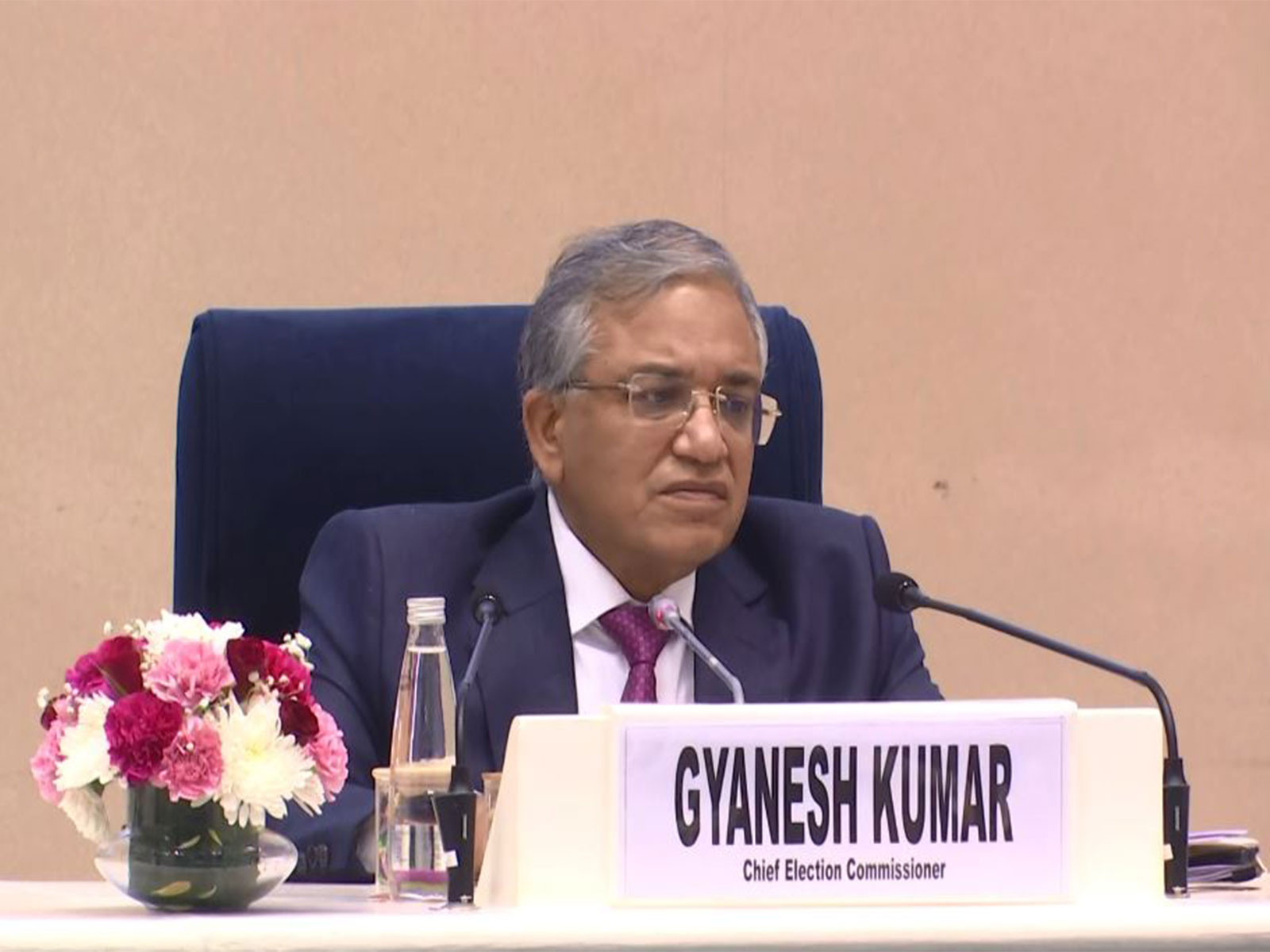Election Commission's Intensive Revision: Streamlining Voter Lists Across 12 States
The Election Commission of India plans a Special Intensive Revision of electoral rolls across 12 regions. Final voter lists will be ready by February 2026, aiming to address issues like migration and duplicate registrations. Aadhaar is included among acceptable identification documents but isn't proof of citizenship or domicile.

- Country:
- India
The Election Commission of India (ECI) announced the second phase of its ambitious Special Intensive Revision (SIR) of electoral rolls across 12 states and union territories, as revealed by Chief Election Commissioner Gyanesh Kumar on Monday. Scheduled to culminate on February 7, 2026, the initiative targets regions including Andaman and Nicobar Islands, Chhattisgarh, Goa, Gujarat, Kerala, Lakshadweep, Madhya Pradesh, Puducherry, Rajasthan, Tamil Nadu, Uttar Pradesh, and West Bengal.
Integral to this comprehensive exercise are key dates outlined by the Election Commission. The preparation stages, notably printing and training, will occur from October 28 to November 3. An Enumeration Phase follows, extending until December 4, with the draft electoral rolls to be released on December 9. A period of claims and objections will span from December 9 to January 8, 2026, leading to the publication of final electoral rolls on February 7, 2026. Aligning with a Supreme Court ruling, Aadhaar has been included among acceptable documents, though it is not proof of identity or domicile.
Addressing common electoral challenges like voter migration and inaccuracies, the ECI will freeze voter lists at midnight. Booth Level Officers are slated to visit households up to three times to ensure accurate data collection, with electors also having the possibility to submit forms online. The Commission emphasizes creating polling stations that prevent overcrowding, with a new cap of 1,200 voters per booth. This initiative follows a two-day CEO conference aimed at fine-tuning SIR implementation processes and strategies across the country.
ALSO READ
-
Election Commission's Voter List Purge: A Step Towards Electoral Integrity
-
DMK Raises Concerns Over ECI's Voter List Revision Amidst Allegations
-
Election Commission's SIR: Political Reactions and Controversies
-
Ugandan President Celebrates Diwali with Indian Community
-
Election Commission's Second Phase SIR Raises Questions









